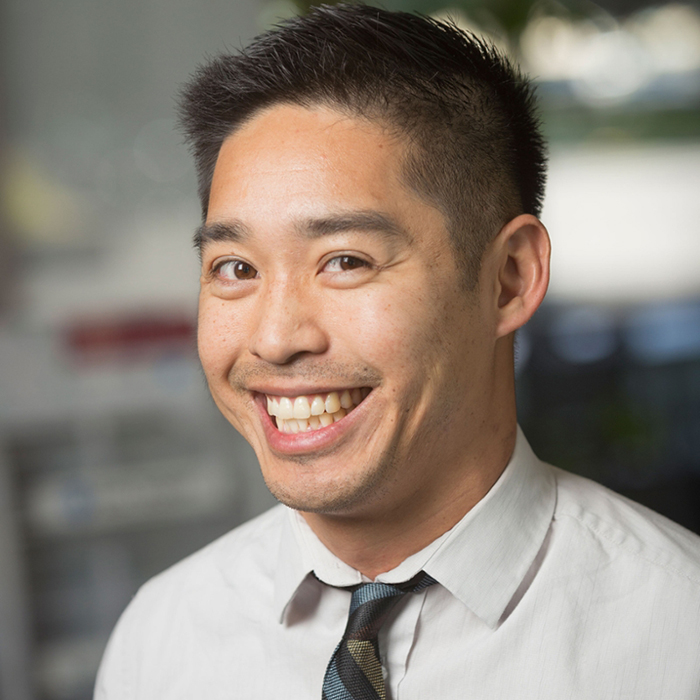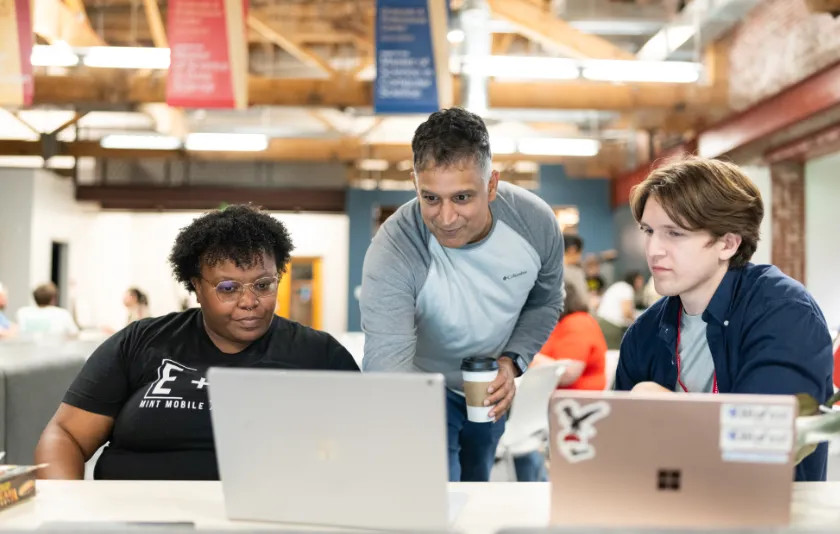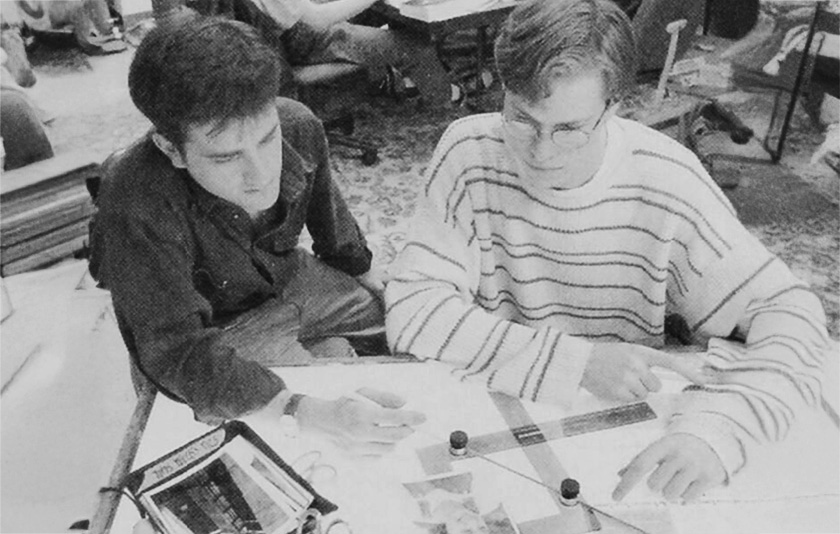Willamette University’s Associate Professor of Civic Communication and Media Vincent Pham has won the Arnold L. Graves and Lois S. Graves Award in the Humanities.
Administered by Pomona College in California in conjunction with the American Council of Learned Societies, the biannual Graves Award recognizes outstanding young humanities scholars in the first decade of their careers.

Pham is chair of the CCM Department and a scholar who works at the intersection of critical and cultural studies, media studies, rhetoric, organizational communication and ethnic studies. He will use the $9,900 award toward a new project, “Asian American Documentary Film in the age of Black Lives Matter and the COVID-19 Pandemic.”
In light of the dramatic rise in anti-Asian hate crimes in 2020-21 and the simultaneous Oscar nominations of Asian actors and a director in 2021, what it means to be seen and identify as “Asian American” has become more relevant. Recognizing its importance in both media and in local spaces, Pham will travel to sites where Asian American and Pacific Islander films are screened to examine how the term “Asian” becomes rhetorically articulated with other aspects of identity through film, media and other discursive actions.
Award funding will also support Pham’s design of a new course, “Practicing One’s Voice Through Documentary Film,” as well as his book manuscript, “Making Media Matter: Representation, Materiality and the Asian American Community.”
Pham has achieved great recognition since he joined Willamette’s faculty in 2016. He was honored in 2017 with the Outstanding New Investigator award from the Critical and Cultural Communication Studies Division of the National Communication Association. In 2019, Willamette formally recognized his research with a faculty award, he earned the ranking of associate professor and later, his colleagues elected him to department chair.
In his nomination of Pham, President Steve Thorsett said, “His relationships with individuals within the film industry as well as within Asian American communities lend an authenticity to his work that deeply engages students, allowing them to develop a better understanding of our society and the issues just now coming to the fore that have existed, unacknowledged, for far too long. Both students and faculty note that conversations initiated in his courses often find their way into other classes in other disciplines, demonstrating his ability to engage and inspire.”


